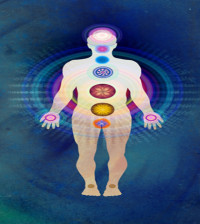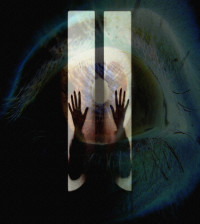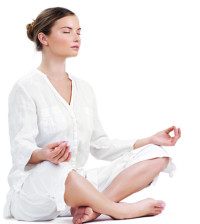- 5 Tips To Finding Peace Within Yourself
- The Do’s and Don’ts of Learning How to Accept Yourself
- How to Find Your Inner Peace and Transform Your Life
- 8 Benefits of Having an Open Mind and How to Get One
- Learn How To Be A Happier Person
- What Is The Meaning Of Life?
- Laws of Abundance – The Riches of Love and Joy
- How to Be Laid Back By Following These 9 Simple Strategies
- The meaning of confucius’ golden rule – 4 practical ways of living it
- 3 methods of unleashing the power of contentment in your life
How to Cure Anxiety Attacks: 6 Things You Must Know

An anxiety attack is a term used to describe the intense feelings of fear or terror that you experience in times of stress. Anxiety is a normal response to a threat, but some people have anxiety for no particular reason. If you have panic spells frequently, find out how to cure anxiety attacks today.
What is an anxiety attack?
An anxiety attack is a sudden episode of intense fear that triggers profound emotional and physical reactions when there is no real threat of danger. These panic spells can be frightening and disabling. These occurrences often begin suddenly without any warning, and they can strike at any time.
What are the symptoms of an anxiety attack?
There are several symptoms of an anxiety attack. Not everyone has every symptom, and not all people have the same set of symptoms.
The most common signs and symptoms include:
- Sweating
- Trembling or shaking
- Choking sensation
- Rapid heart rate or pounding heart
- Shortness of breath
- Nausea or stomach distress
- Dizziness or feelings of lightheadedness
- Fear of losing control or going crazy
- Depersonalization and feelings of unreality
- Sense of impending doom
- Tightness in the throat of difficulty swallowing
What is psychotherapy?
If you are wondering how to cure anxiety attacks, you may need psychotherapy. This treatment is also called behavior therapy, and it is considered the first choice of therapy for panic disorder. A therapist will work with you to help you understand your anxiety and resolve your fears. Cognitive behavior therapy, a form of psychotherapy, helps you learn through your personal experiences that these attacks are not dangerous. Your therapist helps you gradually recreate the symptoms of a panic spell in a supportive and safe environment.
What is meditation?
Another popular treatment for anxiety attacks is mediation. This technique is a relaxation therapy that is an excellent self-help treatment. Meditation focuses on relaxing your mind so that the body will relax. Many use meditation in spiritual ways, but it is also used for non-religious purposes. One of the benefits of mediation is that it promotes the production of neuro-chemicals that calm the physical symptoms of anxiety, such as GABA and endorphins. Mediation also lowers oxygen consumption, decreases the heart rate and blood pressure, and builds self-confidence. Because meditation increases serotonin production, researchers report that it influences behavior and mood. Low levels of the chemical serotonin are directly associated with panic disorder and anxiety attacks.
Do medications help?
Some people have severe panic disorder with remarkable anxiety attacks. For those individuals, medications are often used to reduce the symptoms connected to the panic spells. One group of drugs that work for many is the selective serotonin reuptake inhibitors (SSRIs). These medications encourage the reuptake of the brain chemical serotonin. Scientists believe this is deficient for those who suffer with anxiety. Another set of medications used to treat panic disorder and anxiety attacks is benzodiazepines. These drugs are sedatives that could be habit-forming. For this reason, they are not prescribed often.
What else can I do?
The most important thing you can do for anxiety attacks is to stick to your treatment plan. Whether you chose to use mediation, psychotherapy, or medications, you should stick with the program. Another self-help strategy for you is to join a support group. Sharing your feelings and experiences with others is therapeutic. Also, avoid caffeine, drugs, and alcohol. Substance abuse makes anxiety worsen. Finally, many find that exercise is beneficial in the battle with anxiety. Exercise promotes blood flow to the brain, and it keeps the heart pumping regularly. When your body is not healthy, your mind suffers. Try to get at least 30 minutes of aerobic exercise three or four times each week.








































You must be logged in to post a comment Login